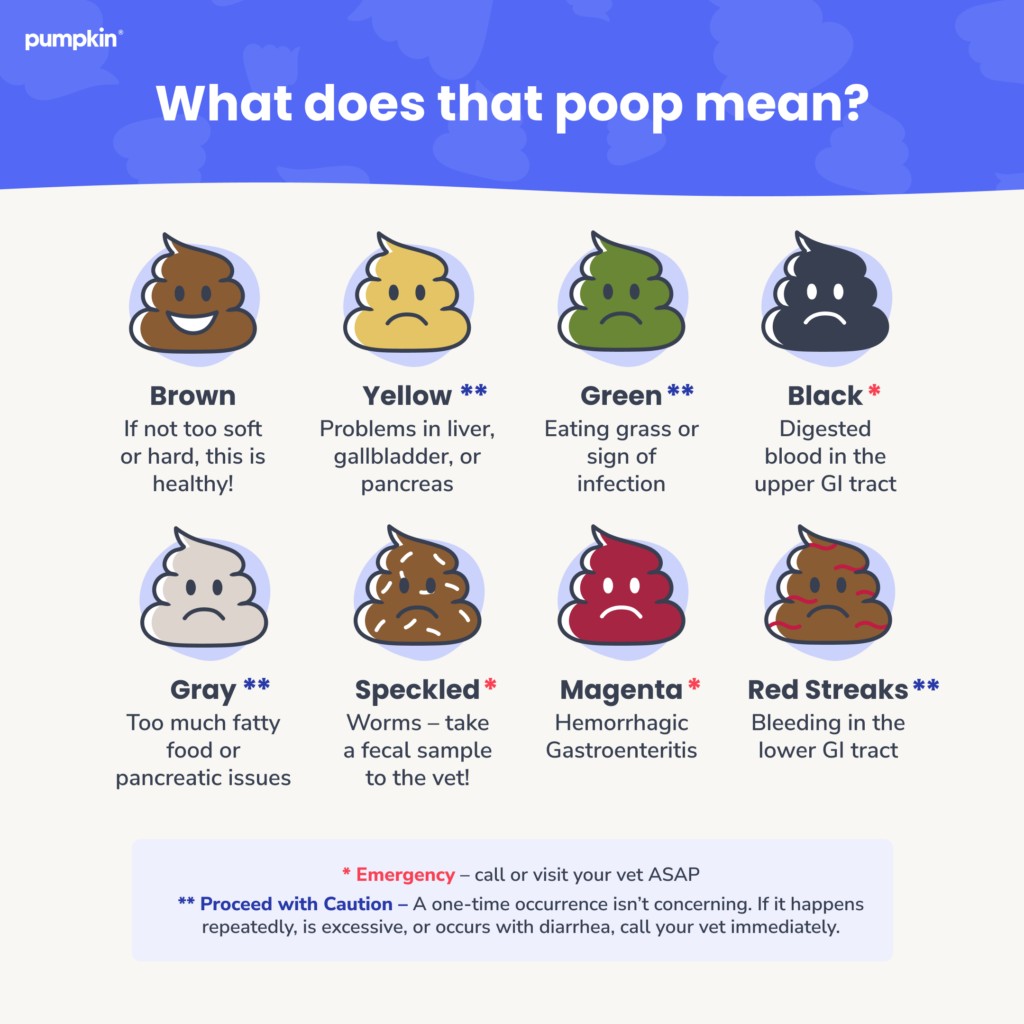Melena, or black, tarry stool, in dogs can be a concerning sign. It often indicates the presence of digested blood in your dog’s digestive tract. While not always a serious issue, black dog poop warrants a call to your veterinarian. This article explores the potential causes, symptoms, and when to seek veterinary care for black stool in dogs.
Understanding Black Dog Poop: Causes and Concerns
Black, tarry feces, often resembling coffee grounds, typically signifies bleeding in the upper gastrointestinal tract. As blood moves through the digestive process, it’s broken down, resulting in the dark discoloration. Several factors can contribute to this:
Potential Causes of Melena in Dogs:
- Gastrointestinal Ulcers: These sores in the stomach or intestines can bleed, leading to black stool.
- Foreign Bodies: Ingested objects that irritate or damage the digestive tract can cause bleeding.
- Tumors: Cancerous growths in the digestive system can also result in bleeding.
- Inflammatory Bowel Disease (IBD): Chronic inflammation of the digestive tract can lead to bleeding and black stool.
- Parasites: Certain intestinal parasites, such as hookworms, can cause blood loss in the intestines.
- Medications: Some medications, like non-steroidal anti-inflammatory drugs (NSAIDs), can increase the risk of gastrointestinal bleeding.
- Coagulation Disorders: Conditions affecting blood clotting can result in bleeding into the digestive tract.
 infographic showing different colors of dog poop and the potential cause; title reads
infographic showing different colors of dog poop and the potential cause; title reads
Black Stool vs. Red Blood in Dog Poop
It’s important to distinguish between black stool (melena) and fresh blood in your dog’s feces (hematochezia).
- Melena (Black Stool): Indicates digested blood, usually from the upper gastrointestinal tract.
- Hematochezia (Red Blood): Suggests bleeding in the lower digestive tract, such as the colon or rectum. Causes can include colitis, anal gland issues, or rectal tumors.
When to Worry: Accompanying Symptoms
While black stool itself is a cause for concern, accompanying symptoms warrant immediate veterinary attention:
- Lethargy or Weakness
- Loss of Appetite
- Vomiting
- Abdominal Pain
- Pale Gums
- Rapid Breathing
- Collapse
Diagnosing the Cause of Black Dog Poop
Your veterinarian will likely conduct several tests to determine the underlying cause of melena:
- Physical Examination: Assessing your dog’s overall health and checking for signs of dehydration or abdominal pain.
- Fecal Examination: Microscopic analysis of stool to check for parasites or blood.
- Blood Tests: Evaluating organ function, red blood cell count, and clotting ability.
- X-rays or Ultrasound: Imaging the digestive tract to identify foreign bodies, tumors, or ulcers.
- Endoscopy: Visualizing the lining of the digestive tract with a camera.
Treatment Options for Melena
Treatment for black dog poop depends on the underlying cause. It may involve:
- Medication: To address ulcers, infections, parasites, or IBD.
- Fluid Therapy: To correct dehydration and support circulation.
- Dietary Changes: To provide easily digestible food and reduce stress on the digestive system.
- Surgery: To remove foreign bodies, tumors, or address specific bleeding sources.
Conclusion: Monitoring Your Dog’s Health
Regularly monitoring your dog’s stool is crucial for early detection of potential health issues. If you notice black, tarry stool, contact your veterinarian immediately. Early diagnosis and treatment are essential for managing underlying conditions and ensuring your dog’s well-being. Don’t hesitate to seek professional veterinary advice – your dog’s health depends on it.
